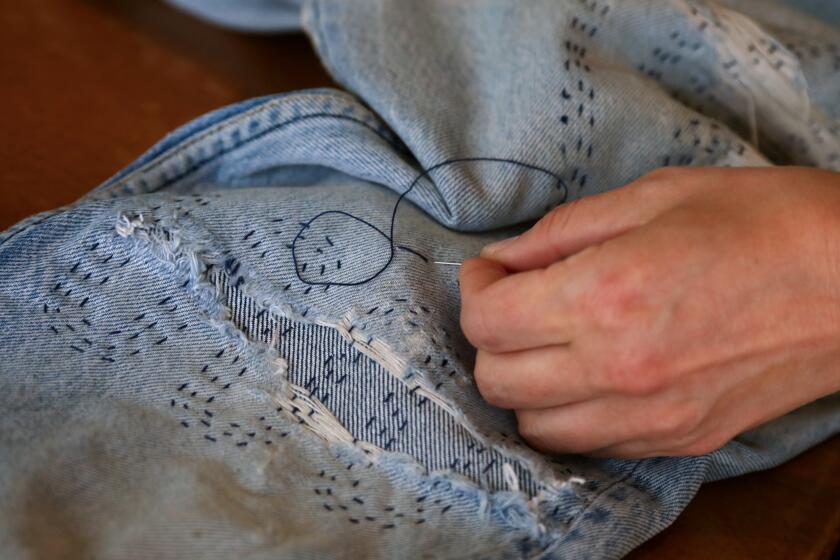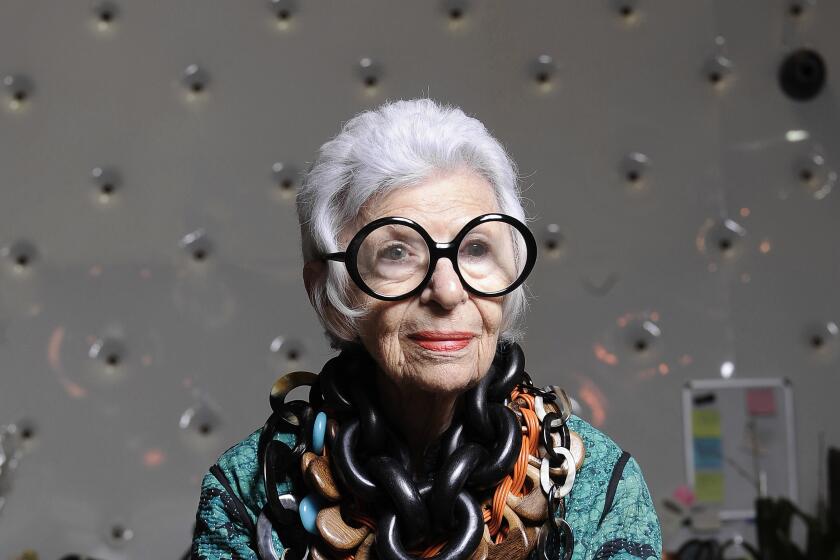Controversy over a taste for luxury
When South Koreans observe the world’s attempt to choke the flow of French cognac, designer watches, flashy cars and other luxuries to North Korean dictator Kim Jong Il, they find themselves in a familiar situation:
Bitterly divided.
The call by the United Nations Security Council to ban exports of luxury goods to North Korea has been met with a certain satisfaction in capitals such as Washington and Tokyo, landing at least a quick jab in negotiations over Pyongyang’s nuclear program that resemble boxers in an endless clinch.
But in South Korea, where there is an ongoing loud argument over how to handle its troublesome neighbor, slapping sanctions on luxury goods has become just one more thing to quarrel about.
To South Korean hard-liners, targeting Kim’s rich tastes is a welcome declaration by the international community that a leader who splurges on luxuries while his people starve is morally unfit to govern.
Cutting access to items such as flat-screen TVs and jet skis, they argue, will crimp Kim’s leadership style, which includes inviting his top cadre of generals and Workers’ Party bosses to lavish parties where gifts are dispensed as a sign of being on the inside.
“It might seem silly, but the fact is the way he maintains power is through rewards and punishment,” said Sohn Kwang-joo, managing editor of The Daily NK, a Seoul website with hard-line views on the North Korean dictatorship. “No, it’s not going to have much effect by itself, because these items will get in many other ways. But [banning] luxury goods says that the whole world now sees the reality of Kim Jong Il’s regime, and that it must be changed.”
Yet other South Koreans say that’s what they’re worried about, that the luxury goods ban is part of a U.S.-led campaign to topple Kim rather than to denuclearize the Korean peninsula.
These critics say it is preposterous to argue that loyalty to a dictator can be bought with a Rolex. Operating on the theory that an irritated Kim is a dangerous Kim, they warn that separating the North’s leader from his favorite luxury items will only annoy him, making the peninsula a more dangerous place.
“This is just propaganda,” said Jung Chung-rae, a lawmaker in the ruling Uri Party who has traveled to North Korea 10 times and said the officials he has met lived austere lifestyles. “There is no meaning in having a sanction on luxury goods.”
The dispute over the ban came into sharper focus this week with the release of Washington’s list of goods it thinks Kim will miss most. Including iPods and furs, the list was a requirement of the Oct. 14 Security Council resolution over North Korea’s underground nuclear test. The resolution barred shipments of nuclear- and missile-related technologies to North Korea, but also tacked on the luxury goods ban and told members to list targeted items within 30 days.
The deadline passed with only a few countries making a list. The European Union, which satisfies a large part of Kim’s gourmet tastes, said it would agree on items by mid-December.
Among the laggards is South Korea. President Roh Moo-hyun has endorsed the luxury goods ban in principle. But South Korean officials said they had nothing to ban.
“We don’t have a luxury goods trade with North Korea at all,” said presidential spokeswoman Sun Mira, who said none of South Korea’s sophisticated electronics went directly to the North. “They have a very patchy cellphone network, so there goes the market for one of our biggest state-of-the-art products.”
The issue reflects the wider ambivalence in South Korea on what to do about Kim. The liberal government is committed to sustaining the 8-year-old policy of engaging North Korea with economic inducements and increased contacts, a feeling that extends to some conservatives who are otherwise critical of the government.
“The alternative to dialogue is forced reunification,” said conservative lawmaker Go Jin-hwa, who considers an unstable North Korea to be the greatest threat to peace.
“I urge anyone who thinks otherwise to be patient.”
But many here counter that the South Korean desire to avoid offending Kim carries it own risks.
“Many South Koreans have this underlying illusion that if they continue to help North Korea, the regime will change,” said Sohn, the website editor. “But if we remain afraid of angering Kim and do not impose these sanctions, he will only feel stronger and the threat will increase.”
More to Read
Start your day right
Sign up for Essential California for news, features and recommendations from the L.A. Times and beyond in your inbox six days a week.
You may occasionally receive promotional content from the Los Angeles Times.






